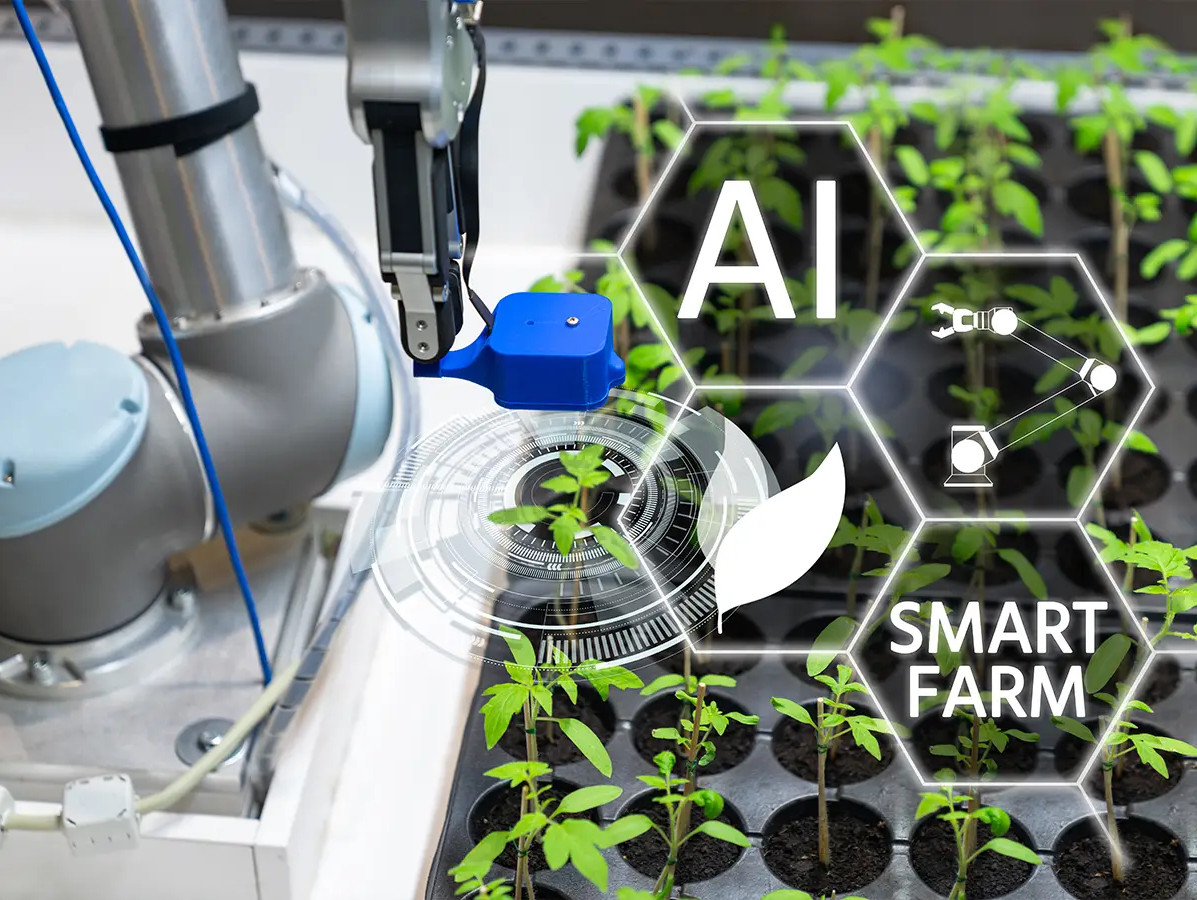
The Dutch labour market is changing rapidly, and companies in the food industry are feeling it too. Staff shortages are increasing, while the pressure to boost productivity keeps rising. A recent analysis highlights an opportunity for the Netherlands: compared to many neighbouring countries, we’re better positioned to benefit from artificial intelligence (AI). That’s mainly because a relatively large share of Dutch jobs aligns well with AI applications.
Jobs in administration, marketing, sales, and education have grown significantly in recent years – including within food companies. These are exactly the kinds of roles that show high exposure to AI and are likely to benefit from working alongside it. Four of the five fastest-growing job categories since 2019 fall into this group. That signals potential for improved productivity, particularly in a sector where human expertise and process knowledge are essential.
On the IMF’s AI Preparedness Index, the Netherlands ranks notably high. Our strong digital infrastructure, education level, and capacity for innovation give us an edge. Compared to Belgium, Germany, and France, the Netherlands also has a higher percentage of jobs that could be affected by AI.
AI can help speed up processes and improve efficiency, but it’s unlikely to solve labour shortages on its own. In fact, the economic growth triggered by AI may well increase demand for labour. Adoption rates also vary by sector – and the public sector appears to be lagging behind for now.
Source: ING